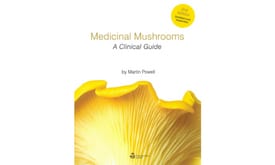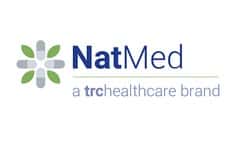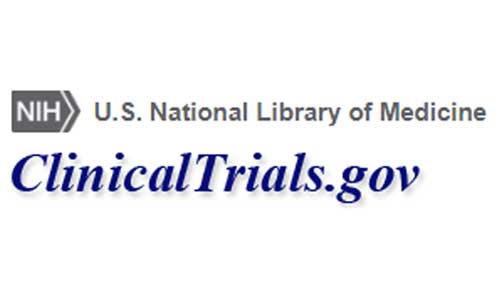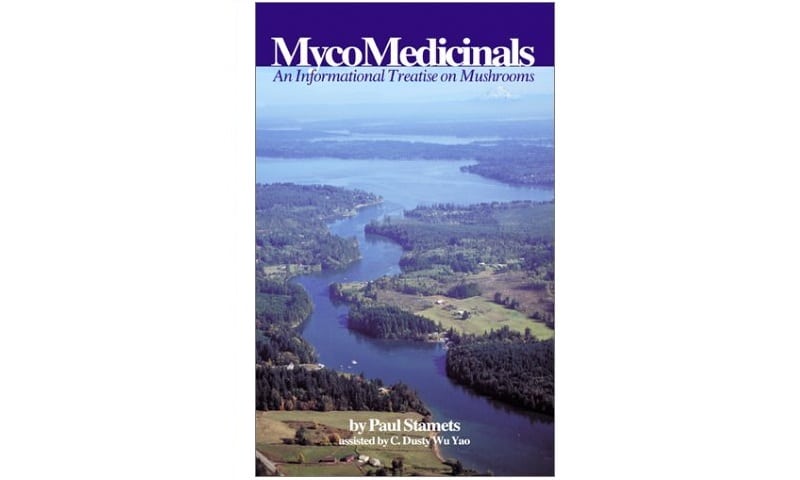Extracts of turkey tail mushroom (Trametes versicolor) and its constituent PSK are used with conventional cancer treatment to improve survival and reduce risk of recurrence. The constituent PSP shows some benefit for pain, appetite, and percentage of body fat.
How can turkey tail mushroom help you? What the research says
Preclinical evidence is summarized in Are you a health professional? ›
Improving treatment outcomes
Is turkey tail mushroom linked to improved survival? Is it linked to less cancer growth or metastasis? Does it enhance the anticancer action of other treatments or therapies? We present the evidence.
Optimizing your body terrain
Does turkey tail mushroom promote an environment within your body that is less supportive of cancer development, growth, or spread? We present the evidence.
See Optimizing Your Body Terrain ›
Find medical professionals who specialize in managing body terrain factors: Finding Integrative Oncologists and Other Practitioners ›
Managing side effects and promoting wellness
Is turkey tail mushroom linked to fewer or less severe side effects or symptoms? Is it linked to less toxicity from cancer treatment? Does it support your quality of life or promote general well-being? We present the evidence.
Reducing cancer risk
Is turkey tail mushroom linked to lower risks of developing cancer or of recurrence? We present the evidence.
Helpful links
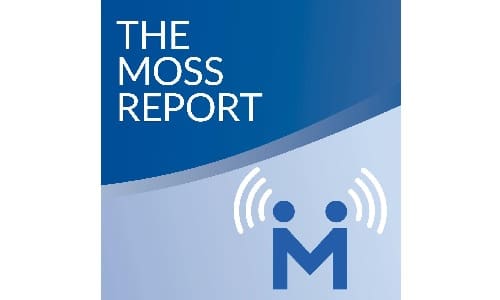
Subscription required
References

